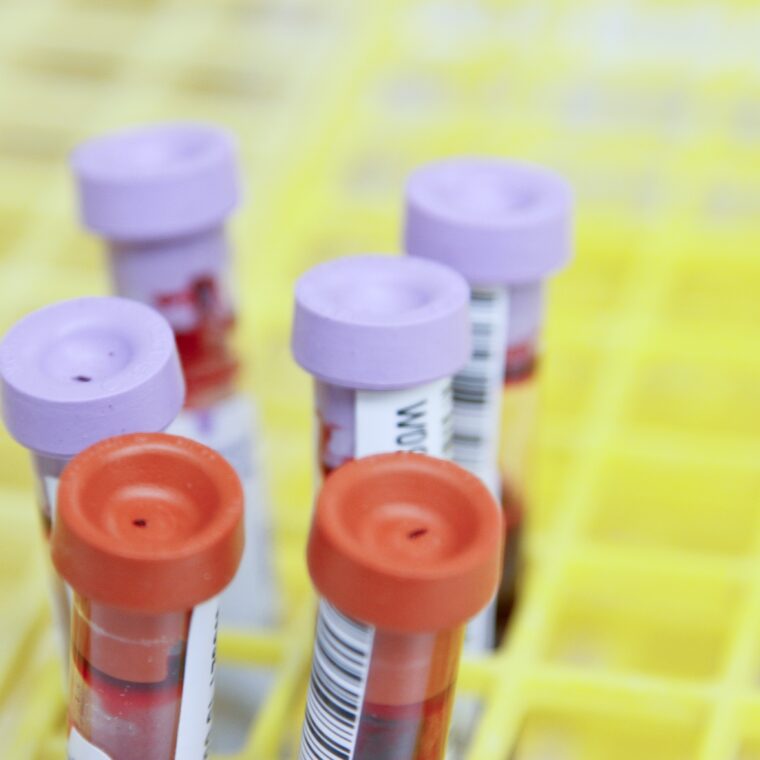During pregnancy, your body produces 50% more blood to support the growth of your baby. If your body is not getting enough iron or certain other nutrients needed for production of red blood cells, your body might not be able to produce the much needed extra volume of blood. All pregnant women are at risk for becoming anemic. This is because they need more iron and folic acid than usual to support their growing baby (or babies 😊). But the risk is higher if you:
- Are pregnant with multiples (more than one child)
- Have had two pregnancies close together
- Vomit a lot due to morning sickness
- Are a pregnant teenager
- Don’t eat enough foods that are rich in iron
- Had anemia before you became pregnant
Though it’s normal to have mild anemia when you are pregnant, you may have more severe anemia from low iron or vitamin levels or from other reasons. Pathological conditions that may cause you to have more severe anemia in pregnancy are:
- Hemorrhage (bleeding)
- Infections like Sepsis & Malaria
- Sickle Cell Disease
- Kidney Disease
- Liver Disease
If anemia is severe but goes untreated, it can increase the risk of serious complications for your baby like fetal growth retardation (that is, when your baby is too small for their gestational age) and ultimately preterm delivery and severe birth asphyxia (when your baby fails to cry soon after birth). It is always important to go for your routine antenatal visits so that your doctor can sooner pick up any conditions that may be causing your anemia. Visit the hospital if you have any of the following signs and symptoms of anemia while pregnant:
- Pale skin, lips, and nails
- Feeling tired or weak
- Swollen feet
- Dizziness
- Fainting episodes
- Breathlessness
- Rapid heartbeat
- Trouble concentrating
- Reduced fetal movements (kicks)

In the early stages of anemia, you may not have obvious symptoms. And many of the symptoms are ones that you might have while pregnant even if you’re not anemic. However, ensure you take balanced meals which help to replenish your vitamins as your baby grows and get routine blood tests to check for anemia at your prenatal appointments.

